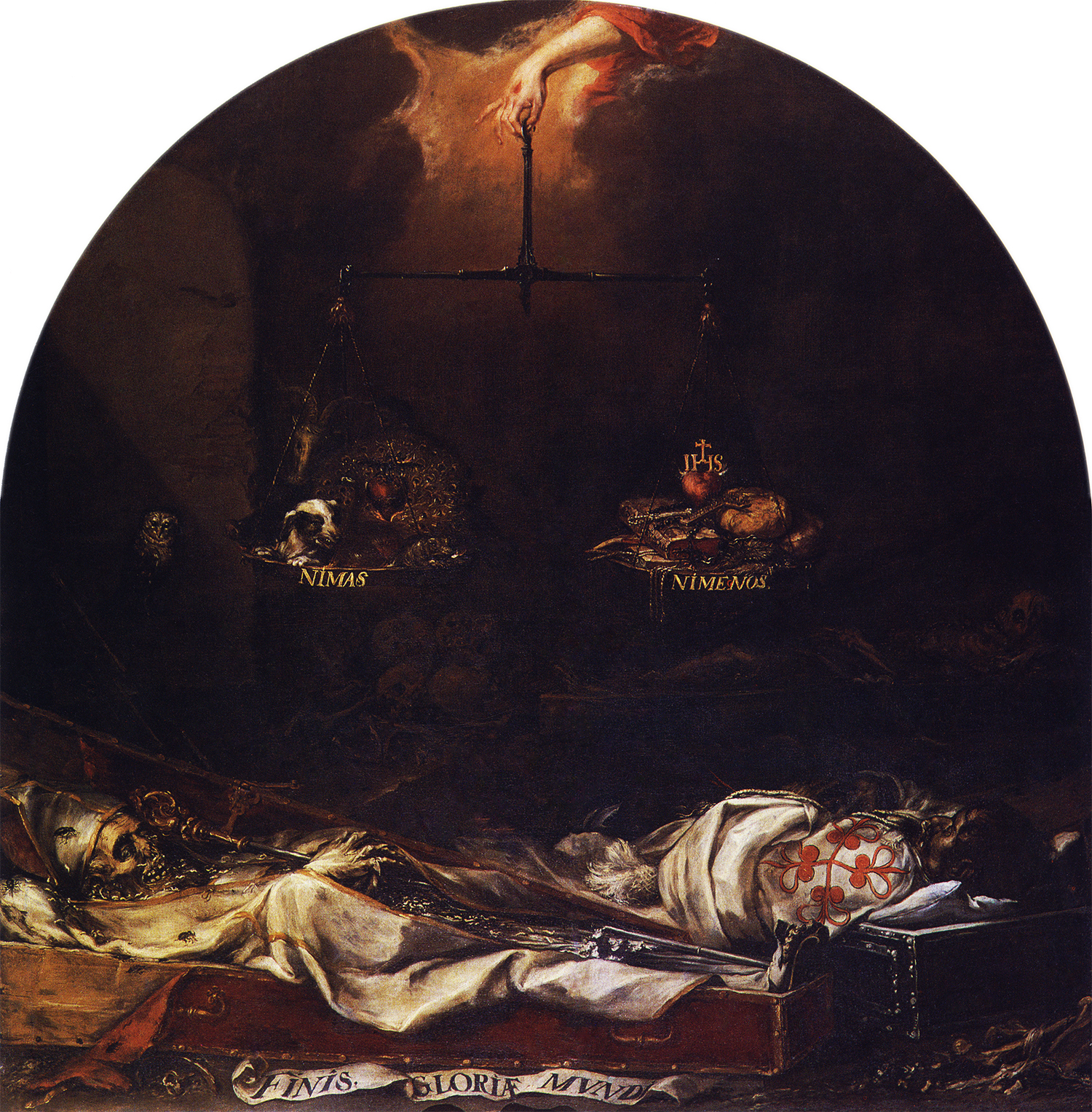|
Lieutenant Kijé
Lieutenant Kijé or Kizhe (russian: Пору́чик Киже́, translit. Poruchik Kizhe), originally Kizh (Киж), is a fictional character in an anecdote about the reign of Emperor Paul I of Russia, in which the cover up of a transcription error leads to the creation of a fictional soldier, Kijé, and his rise through the ranks. When Paul asks to meet the now renowned officer, the creators of the hoax are cornered into a final lie that the soldier has died in battle. The story was used as the basis of a novella by Yury Tynyanov published in 1928 and filmed in 1934 with music by Sergei Prokofiev. The plot is a satire on bureaucracy. Original version The first appearance of the anecdote is in Vladimir Dahl's "Stories of the time of Paul I" (russian: Рассказы о временах Павла I), a short piece published in the journal ''Russkaya Starina'' in 1870; he reported it as told by his father, Jochan Christian von Dahl (1764-1821). In this original version, ... [...More Info...] [...Related Items...] OR: [Wikipedia] [Google] [Baidu] |
Tuttle (M*A*S*H)
"Tuttle" is an episode from the television series ''M*A*S*H''. It was the 15th episode broadcast and aired on January 14, 1973. It was written by Bruce Shelly and David Ketchum and directed by William Wiard. This episode was nominated for a Writers Guild Award. Guest cast is Dennis Fimple as Sergeant "Sparky" Pryor, Mary-Robin Redd as Sister Theresa, Herb Voland as Brigadier General Crandell Clayton, and James Sikking as a finance officer. Overview To create a way of diverting camp supplies to the local orphanage, Hawkeye and Trapper invent the fictional Captain Tuttle (based on Hawkeye's imaginary friend from childhood). With Radar's help, the doctors add more layers to their creation (such as a fake personnel file), and the deception slowly grows until nearly everyone at the 4077th believes Tuttle is a real person. The situation ultimately climaxes when they obtain Tuttle's back pay—fourteen months' worth—and donate it and Tuttle's future pay to the orphanage. However, m ... [...More Info...] [...Related Items...] OR: [Wikipedia] [Google] [Baidu] |
Sic Transit Gloria Mundi
''Sic transit gloria mundi'' is a Latin phrase that means "Thus passes the glory of the world." Origin The phrase was used in the ritual of papal coronation ceremonies between 1409 (when it was used at the coronation of Alexander V) and 1963. As the newly chosen pope proceeded from the sacristy of St. Peter's Basilica in his sedia gestatoria, the procession stopped three times. On each occasion, a papal master of ceremonies would fall to his knees before the pope, holding a silver or brass reed, bearing a tow of smoldering flax. For three times in succession, as the cloth burned away, he would say in a loud and mournful voice, "''Pater Sancte, sic transit gloria mundi''!" ("Holy Father, so passes worldly glory!"). These words, thus addressed to the pope, served as a reminder of the transitory nature of life and earthly honours. A form of the phrase appeared in Thomas à Kempis's 1418 work ''The Imitation of Christ'': "'" ("How quickly the glory of the world passes away"). In ... [...More Info...] [...Related Items...] OR: [Wikipedia] [Google] [Baidu] |
Satirical Works
Satire is a genre of the visual, literary, and performing arts, usually in the form of fiction and less frequently non-fiction, in which vices, follies, abuses, and shortcomings are held up to ridicule, often with the intent of shaming or exposing the perceived flaws of individuals, corporations, government, or society itself into improvement. Although satire is usually meant to be humorous, its greater purpose is often constructive social criticism, using wit to draw attention to both particular and wider issues in society. A feature of satire is strong irony or sarcasm —"in satire, irony is militant", according to literary critic Northrop Frye— but parody, burlesque, exaggeration, juxtaposition, comparison, analogy, and double entendre are all frequently used in satirical speech and writing. This "militant" irony or sarcasm often professes to approve of (or at least accept as natural) the very things the satirist wishes to question. Satire is found in many artistic ... [...More Info...] [...Related Items...] OR: [Wikipedia] [Google] [Baidu] |
Soviet Novellas
The Soviet Union,. officially the Union of Soviet Socialist Republics. (USSR),. was a transcontinental country that spanned much of Eurasia from 1922 to 1991. A flagship communist state, it was nominally a federal union of fifteen national republics; in practice, both its government and its economy were highly centralized until its final years. It was a one-party state governed by the Communist Party of the Soviet Union, with the city of Moscow serving as its capital as well as that of its largest and most populous republic: the Russian SFSR. Other major cities included Leningrad (Russian SFSR), Kiev (Ukrainian SSR), Minsk (Byelorussian SSR), Tashkent ( Uzbek SSR), Alma-Ata ( Kazakh SSR), and Novosibirsk (Russian SFSR). It was the largest country in the world, covering over and spanning eleven time zones. The country's roots lay in the October Revolution of 1917, when the Bolsheviks, under the leadership of Vladimir Lenin, overthrew the Russian Provisional Government ... [...More Info...] [...Related Items...] OR: [Wikipedia] [Google] [Baidu] |
1927 Short Stories
Nineteen or 19 may refer to: * 19 (number), the natural number following 18 and preceding 20 * one of the years 19 BC, AD 19, 1919, 2019 Films * ''19'' (film), a 2001 Japanese film * ''Nineteen'' (film), a 1987 science fiction film Music * 19 (band), a Japanese pop music duo Albums * ''19'' (Adele album), 2008 * ''19'', a 2003 album by Alsou * ''19'', a 2006 album by Evan Yo * ''19'', a 2018 album by MHD * ''19'', one half of the double album ''63/19'' by Kool A.D. * ''Number Nineteen'', a 1971 album by American jazz pianist Mal Waldron * ''XIX'' (EP), a 2019 EP by 1the9 Songs * "19" (song), a 1985 song by British musician Paul Hardcastle. * "Nineteen", a song by Bad4Good from the 1992 album '' Refugee'' * "Nineteen", a song by Karma to Burn from the 2001 album ''Almost Heathen''. * "Nineteen" (song), a 2007 song by American singer Billy Ray Cyrus. * "Nineteen", a song by Tegan and Sara from the 2007 album '' The Con''. * "XIX" (song), a 2014 song by Slipknot. ... [...More Info...] [...Related Items...] OR: [Wikipedia] [Google] [Baidu] |
Igor Jijikine
Igor Vitalievich Jijikine (Russian: И́горь Вита́льевич Жижи́кин; born 8 October 1965) is a Russian-American actor working in Los Angeles and Moscow. Early life and career Jijikine was born in Moscow and from 1983 to 1988 he studied drama and acrobatics. From 1982 to 1984, Jijikine performed mandatory military service with the Soviet Special Forces unit Spetznaz. He performed on stage with the Moscow State Circus,Igor Jijikine official website . Retrieved 28 December 2013 ’s "Jubilee" and 's "Mystere" in Las Vegas. Film career |
Voiced
Voice or voicing is a term used in phonetics and phonology to characterize speech sounds (usually consonants). Speech sounds can be described as either voiceless (otherwise known as ''unvoiced'') or voiced. The term, however, is used to refer to two separate concepts: *Voicing can refer to the ''articulatory process'' in which the vocal folds vibrate, its primary use in phonetics to describe phones, which are particular speech sounds. *It can also refer to a classification of speech sounds that tend to be associated with vocal cord vibration but may not actually be voiced at the articulatory level. That is the term's primary use in phonology: to describe phonemes; while in phonetics its primary use is to describe phones. For example, voicing accounts for the difference between the pair of sounds associated with the English letters "s" and "z". The two sounds are transcribed as and to distinguish them from the English letters, which have several possible pronunciations, depe ... [...More Info...] [...Related Items...] OR: [Wikipedia] [Google] [Baidu] |
Voiced Alveolo-palatal Sibilant
The voiced alveolo-palatal sibilant fricative is a type of consonantal sound, used in some spoken languages. The symbol in the International Phonetic Alphabet that represents this sound is ("z", plus the curl also found in its voiceless counterpart ), and the equivalent X-SAMPA symbol is z\. It is the sibilant equivalent of the voiced palatal fricative. Features Features of the voiced alveolo-palatal fricative: Occurrence See also * Index of phonetics articles A * Acoustic phonetics * Active articulator * Affricate * Airstream mechanism * Alexander John Ellis * Alexander Melville Bell * Alfred C. Gimson * Allophone * Alveolar approximant () * Alveolar click () * Alveolar consonant * Alveolar ejecti ... Notes References * * * * * * * * * * * * * * * * * External links * {{IPA navigation Alveolo-palatal consonants Fricative consonants Pulmonic consonants Co-articulated consonants Voiced oral consonants Central consonants ... [...More Info...] [...Related Items...] OR: [Wikipedia] [Google] [Baidu] |
International Phonetic Alphabet
The International Phonetic Alphabet (IPA) is an alphabetic system of phonetic transcription, phonetic notation based primarily on the Latin script. It was devised by the International Phonetic Association in the late 19th century as a standardized representation of speech sounds in written form.International Phonetic Association (IPA), ''Handbook''. The IPA is used by lexicography, lexicographers, foreign language students and teachers, linguistics, linguists, speech–language pathology, speech–language pathologists, singers, actors, constructed language creators, and translators. The IPA is designed to represent those qualities of speech that are part of wiktionary:lexical, lexical (and, to a limited extent, prosodic) sounds in oral language: phone (phonetics), phones, phonemes, Intonation (linguistics), intonation, and the separation of words and syllables. To represent additional qualities of speech—such as tooth wiktionary:gnash, gnashing, lisping, and sounds made wi ... [...More Info...] [...Related Items...] OR: [Wikipedia] [Google] [Baidu] |
Romanization Of Russian
The romanization of the Russian language (the transliteration of Russian text from the Cyrillic script into the Latin script), aside from its primary use for including Russian names and words in text written in a Latin alphabet, is also essential for computer users to input Russian text who either do not have a keyboard or word processor set up for inputting Cyrillic, or else are not capable of typing rapidly using a Keyboard layout#Russian, native Russian keyboard layout (JCUKEN). In the latter case, they would type using a system of transliteration fitted for their keyboard layout, such as for English QWERTY keyboards, and then use an automated tool to convert the text into Cyrillic. Systematic transliterations of Cyrillic to Latin There are a number of distinct and competing standards for the romanization of Russian Cyrillic, with none of them having received much popularity, and, in reality, transliteration is often carried out without any consistent standards. Scientific tr ... [...More Info...] [...Related Items...] OR: [Wikipedia] [Google] [Baidu] |
M*A*S*H (TV Series)
''M*A*S*H'' (an acronym for Mobile Army Surgical Hospital) is an American war comedy-drama television series that aired on CBS from September 17, 1972 to February 28, 1983. It was developed by Larry Gelbart as the first original spin-off series adapted from the 1970 feature film ''M*A*S*H'', which, in turn, was based on Richard Hooker's 1968 novel '' MASH: A Novel About Three Army Doctors''. The series, which was produced with 20th Century Fox Television for CBS, follows a team of doctors and support staff stationed at the "4077th Mobile Army Surgical Hospital" in Uijeongbu, South Korea, during the Korean War (1950–53). The ensemble cast originally featured Alan Alda and Wayne Rogers as surgeons Benjamin "Hawkeye" Pierce and "Trapper" John McIntyre, the protagonists of the show, joined by Larry Linville as surgeon Frank Burns, Loretta Swit as head nurse Margaret "Hot Lips" Houlihan, McLean Stevenson as company commander Henry Blake, Gary Burghoff as company clerk Walter "Radar ... [...More Info...] [...Related Items...] OR: [Wikipedia] [Google] [Baidu] |



